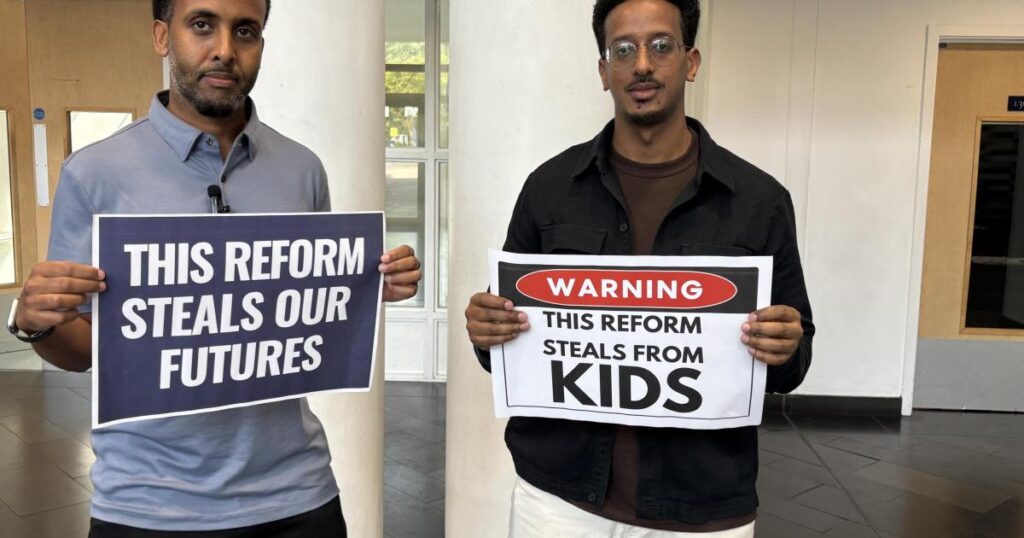Last year, the Conservative government introduced The Leasehold and Freehold Reform Act 2024.
This aimed to improve the rights of leaseholders – people who own their homes, often flats within a building, but only for a set period.
It abolishes the premium leaseholders pay to the ultimate owner – the freeholder- to extend their lease.
But John Lyon’s Charity, which is based in St John’s Wood and provides educational grants to children and young people up to the age of 25, has warned it risks losing up to £1.4 million a year as a result.
The charity, which derives large amounts of its income from leasehold estates, has initiated a judicial review to challenge this law in the hope of gaining exemptions from certain clauses.
It has warned that up to 30 community organisations it supports could have to close their doors if exemptions from the legislation cannot be carved out.
Camden-based Somali Youth Development Resource Centre (SYDRC), which has been primarily funded by John Lyon’s Charity since 2008, says it is “shocked and surprised” by the impact the new law could have.
The group provides activities and services for Somali young people, working to tackle issues such as gang-related knife and gun crime, and anti-social behaviour.
SYDRC Director Yusuf Deerow said: “This is going to have such huge detrimental consequences for the people that we support.
“Losing [funding] is going to make things worse in what is already a difficult time that we’re facing.”
John Lyon’s Charity claims that the new law will only serve to transfer money from charitable freeholders to already affluent leaseholders.
In the act, ‘marriage value’, which is the premium that a leaseholder has to pay their freeholder if they wished to extend a lease that has less than 80 years remaining, has been abolished.
The value of this premium was dependent on how much the property value increased as a result of the lease having been extended.
In John Lyon’s case, the principal beneficiaries will be homeowners in St John’s Wood, where house prices average millions of pounds, the charity claims.
Meanwhile, the charity says that its future grant-making capacity of £16 million a year will be compromised.
A spokesperson said: “We’re going to be in a really terrible position.
“Who do we take that money from because it has gone into the pockets of the wealthy? It’s incredibly unfair.”
Since 1991, the charity has awarded more than £208 million in grants, supporting more than 1,700 organisations that provide educational services to young people in north London.
The nine boroughs covered by the charity include Barnet, Brent, Camden, Harrow and the Cities of London and Westminster.
Their legal challenge is due to reach the High Court next week.
The Ministry of Housing, Communities and Local Government has been approached for comment.





1 Comment
7got4g